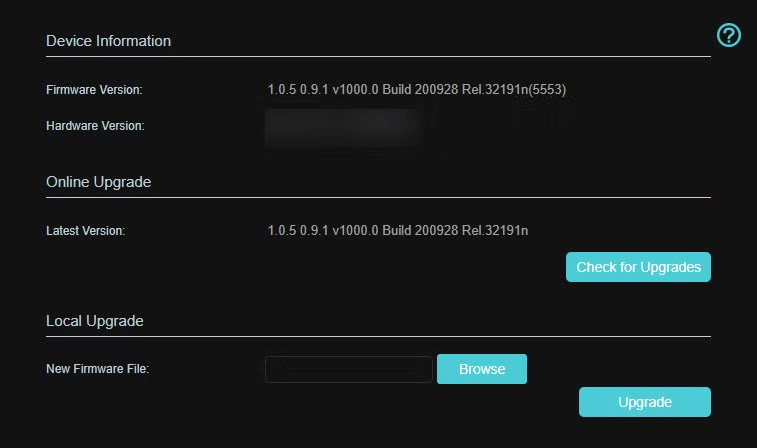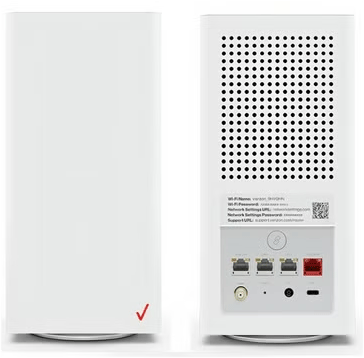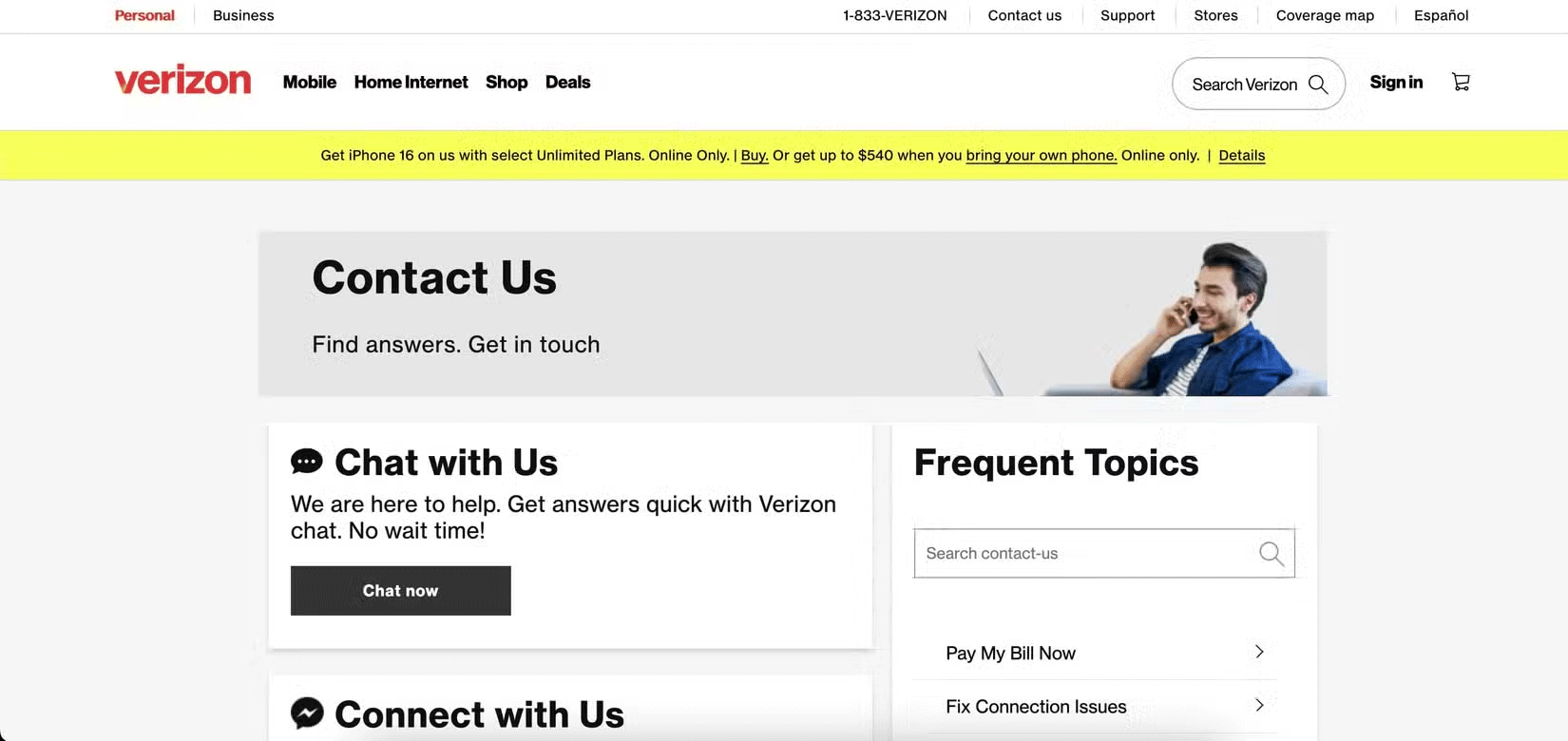Why You Shouldn't Trust Your ISP's Wi-Fi Router?
ISP-provided routers may seem like a convenient solution—preconfigured, ready to use, and often included with your subscription. But after a little research, there are reasons to doubt whether they're the right choice for your network.
5. Lack of timely security updates

Most ISPs don't manufacture their own routers ; instead, they outsource these to third-party manufacturers. This means that the same manufacturer can make routers for multiple ISPs, plus sell its own branded devices.
The problem is that when a vulnerability is discovered, manufacturers have a much greater incentive to prioritize updates for their own branded routers—those that carry their name and reputation directly. Routers made specifically for ISPs are often at the bottom of the list. This delay can leave your network vulnerable weeks or even months after the vulnerability is discovered.
This isn't just a hypothetical risk. In 2021, the BBC reported a vulnerability in some Sky UK routers that allowed attackers to bypass authentication. Although a patch was released, the slow rollout left many customers exposed for a long time.
4. ISP retains remote access
Another red flag with an ISP-provided router is the control the provider retains over the device. Most of these routers come preconfigured with remote access enabled, meaning your ISP can log in, make changes, or even push updates without your knowledge or consent. While this may seem convenient, it also raises serious privacy and security concerns.
Even if your ISP has the best intentions, remote access creates another entry point into your network. A hacker with access to your ISP's systems could manipulate your router settings, monitor your traffic, or even redirect your connection to malicious websites.
For those who value privacy and control, this level of monitoring is a deal breaker. With a good router from a reputable brand, you decide who gets access and under what circumstances. With an ISP-provided router, that's not the case.
3. Templated hardware

ISP-provided routers are typically the epitome of 'one-size-fits-all' hardware. They are designed to meet the minimum requirements of the average user, meaning they are rarely equipped to handle more demanding tasks.
The reason for this is not without merit: ISPs prioritize cost efficiency over performance. They order routers in bulk from manufacturers, often opting for older or less powerful models to save money. This results in outdated hardware before it reaches your home. For example, many ISP routers still use Wi-Fi 5 technology, even though newer Wi-Fi standards like Wi-Fi 6 and Wi-Fi 6E are now widely available.
Using your ISP's router also means you're stuck with whatever features the provider deems necessary. Want advanced parental controls, VPN support, or the ability to create a guest network with custom settings? Too bad you'll need a third-party router for that.
2. Limited customization
If you've ever tried to tweak the settings on your ISP-provided router, you've probably run into a stumbling block. ISP routers offer little to no room for customization. While this may not bother the average user, it's a major drawback for anyone who wants more control over their network.
Many ISP routers don't let you change basic settings like DNS servers, which can have a big impact on your internet speed and privacy. Want to use a third-party DNS like Cloudflare or Google DNS for faster browsing? With ISP routers, you're probably out of luck. Likewise, features like port forwarding, Quality of Service (QoS) settings , or even advanced security options are often hidden or unavailable altogether.
Third-party routers, on the other hand, give you complete control over your network. You can customize settings to optimize performance, enhance security, or even install alternative firmware on it.
1. Struggling to solve router-specific problems

Even if you're willing to overlook the hardware and software limitations of your ISP-provided router, there's still another headache waiting for you: Customer support. When you have a problem with your router, you'll often have to deal with your ISP's support team. And in my experience, that's rarely a pleasant experience.
The problem is that ISP support teams are trained to handle a wide range of issues, from billing disputes to internet outages. This lack of specialized support can leave you stranded when you need help the most.
On the other hand, when you own your router, you can contact the manufacturer's support team, who are more knowledgeable about the device. Plus, you can seek help from online communities, forums, or even third-party technicians without having to worry about breaking any agreements.
When it comes to home networking, trust is key. And after years of experience, ISP routers don't inspire that trust.
If you're serious about protecting your privacy, optimizing your network, and ensuring reliable connectivity, it's worth replacing your ISP's router. It's an upfront cost, but the added peace of mind and control are well worth it. You may even save on rental costs.
 How to Erase All Your Laptop Data Before Selling It to Someone Else
How to Erase All Your Laptop Data Before Selling It to Someone Else Why do you need to buy a backup charger for your phone?
Why do you need to buy a backup charger for your phone? How to Turn an Old Laptop into a Plex Media Server
How to Turn an Old Laptop into a Plex Media Server Everything you need to replace your laptop with a phone
Everything you need to replace your laptop with a phone 5 ways to 'revive' old laptops
5 ways to 'revive' old laptops How to turn off mouse acceleration on Windows 11
How to turn off mouse acceleration on Windows 11